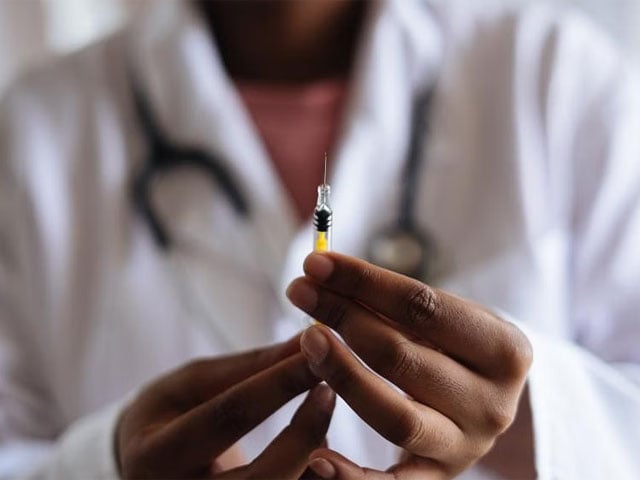Shanghai: Chinese scientists are working on an injection they say could treat autism symptoms.
The researchers of the injection, which is currently being tested on mice, say that the evidence from the study suggests that the injection could easily be used on humans with autism.
In the study, scientists from Shanghai Jiaotong University of Medicine and Shanghai Fudan University implanted a gene-editing device into mice that made specific changes in DNA associated with autism symptoms.
Mice with these genetic traits, when given the injection, completely lost their behavioral and social problems.
Autism spectrum disorder (ASD) is associated with mutations in the MEF2C gene. Faulty DNA causes problems in important developmental processes in the brain.
Although the scientists in the study focused on one gene, they cautioned that multiple genetic variants may play a role in the development of autism.
More than 200 genetic variants have been linked to the effects of ASD in past studies, and most of them are not inherited.
The reason these scientists chose MEF2C, a gene to study, was because children in China and Korea with mutations or deletions of this gene were more likely to be diagnosed with the disease.
The MEF2C gene plays an important role in neural development in the womb and in childhood.
(function(d, s, id){
var js, fjs = d.getElementsByTagName(s)[0];
if (d.getElementById(id)) {return;}
js = d.createElement(s); js.id = id;
js.src = “//connect.facebook.net/en_US/sdk.js#xfbml=1&version=v2.3&appId=770767426360150”;
fjs.parentNode.insertBefore(js, fjs);
}(document, ‘script’, ‘facebook-jssdk’));
(function(d, s, id) {
var js, fjs = d.getElementsByTagName(s)[0];
if (d.getElementById(id)) return;
js = d.createElement(s); js.id = id;
js.src = “//connect.facebook.net/en_GB/sdk.js#xfbml=1&version=v2.7”;
fjs.parentNode.insertBefore(js, fjs);
}(document, ‘script’, ‘facebook-jssdk’));



